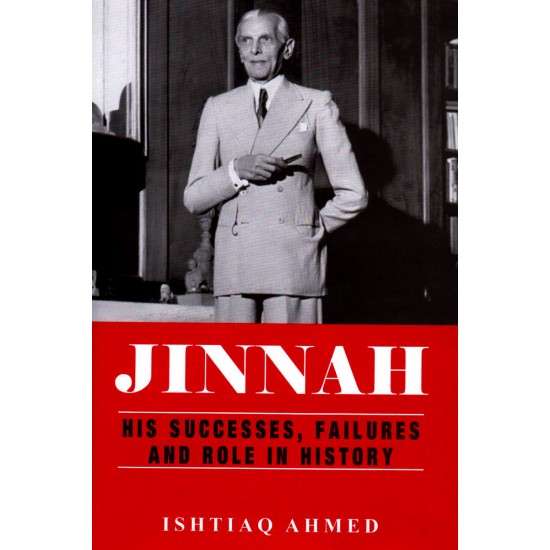AQEEL KHOSO
Mohammad Ali Jinnah, also known as the “Quaid-e-Azam,” was a prominent politician and statesman who played a vital role in the creation of Pakistan. Born on December 25, 1876, in Karachi, Pakistan, Jinnah was a lawyer by profession and went on to become one of the most influential figures in South Asian politics. Jinnah’s Success in Law Jinnah began his legal career in Bombay in 1896 and went on to become one of the most successful lawyers of his time. He was known for his exceptional skills as an advocate and his ability to cross-examine witnesses with precision. His clients ranged from wealthy businessmen to political leaders, and he built a reputation for being a fearless and dedicated advocate. Jinnah’s success in the legal field helped him gain recognition and respect from his peers, and he was appointed to various important positions, including the President of the All India Muslim League, which later played a crucial role in the creation of Pakistan. Jinnah’s Political Success Jinnah’s political career began in earnest in 1913 when he joined the Indian National Congress, which was the largest political party in India at the time. He quickly rose through the ranks and became a prominent leader within the party. However, as time went on, Jinnah became disillusioned with the Congress and felt that it did not represent the interests of Muslims in India. As a result, Jinnah left the Congress in 1920 and joined the All India Muslim League, which was established in 1906 to protect the interests of Muslims in India. Jinnah’s leadership skills and political acumen helped the League grow in strength, and he played a vital role in its success. Jinnah’s Vision for Pakistan Jinnah’s vision for Pakistan was based on the idea of a separate homeland for Muslims in India. He believed that Muslims in India faced discrimination and prejudice, and that the only way to protect their rights and interests was to create a separate state for them. Jinnah’s vision for Pakistan was met with strong opposition from many quarters, including the Congress, which was opposed to the idea of India being partitioned. However, Jinnah’s leadership and political skills helped him overcome these obstacles, and he was able to convince the British government to support the creation of Pakistan. The creation of Pakistan on August 14, 1947, was a landmark moment in the history of South Asia, and it was due to Jinnah’s leadership and vision that the country came into being. Jinnah’s Legacy Jinnah’s legacy is a complex one, and his contributions to the creation of Pakistan are still debated and discussed to this day. However, there is no denying that Jinnah played a crucial role in the history of South Asia and his leadership and vision continue to inspire people around the world. Jinnah’s success can be attributed to his exceptional leadership skills, political acumen, and unwavering dedication to the cause of creating a separate state for Muslims in India. His legacy will always be remembered as one of the most significant contributions to the history of South Asia..
Trending
- Annual Sports Gala and All Pakistan Football Championship kick-started at UoS
- RCCI organizes a Think Tank Session on the Economy of Pakistan and Future Challenges
- Minister Lipavský meets Bajramov Foreign Minister Azerbaijani
- Bhawalnagar Incident: Lessons for Pakistan
- Kashmore turned into crime industry
- UK Higher Education Delegation Strengthens Educational Bonds with Pakistan
- The Influence of Social Media on Today’s Youth
- Sardar Abdul Qayyum Niazi meets Secretary General PTI Omar Ayub

